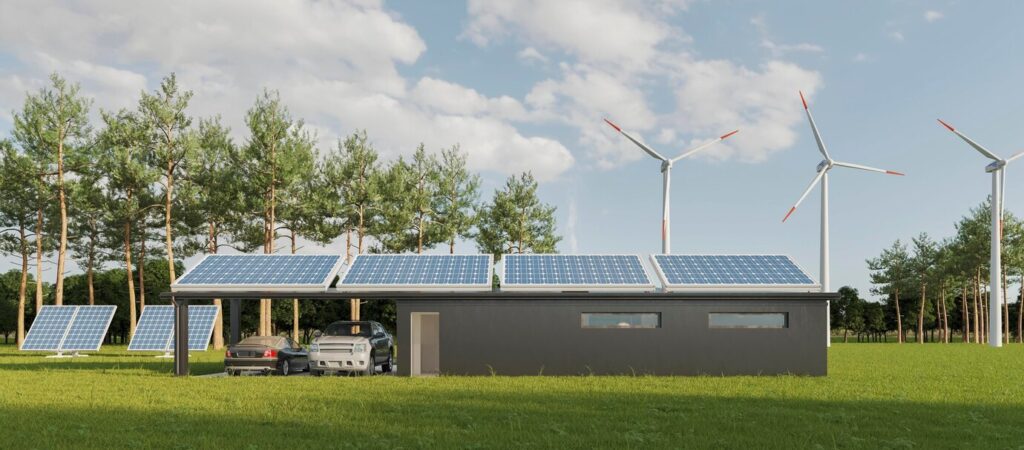Residents in the Chico area might be familiar with the concept of the Grinch stealing Christmas, but what they might not know is the culprit behind the disappearance of tax credits for insulation, windows, doors, skylights, and roofs.
The exact identity of this \”Grinch\” remains a mystery, though it\’s presumably linked to a federal agency. What\’s clear is that while these credits have vanished, there\’s still an opportunity to save on certain solar projects.
In situations like this, it\’s better to focus on the positive aspect of saving some money rather than none at all. Let us shed some light on how the IRS-U.S. Department of Energy program operates:
The Solar Tax Credit, Simplified Solar energy systems are currently the sole recipients of federal energy tax credits, standing out amidst the absence of credits for various other home improvements.
Known formally as the \”residential energy-efficient property credit,\” the solar tax credit offers:
- A 30 percent credit on the cost of solar hot water heaters and solar panels.
- Coverage of installation costs, a significant difference from previous credits that excluded installation expenses for items like insulation and windows.
- No dollar limit on the credit.
- Eligibility for homes across the United States, with no requirement for the property to be the taxpayer\’s primary residence.
- Applicability to both existing homes and those under construction.
Claiming Your Credit To claim the credit, you\’ll need to file IRS Form 5695 with your 2017 taxes. (Note: As of the end of 2017, only draft copies of this form were available, and the release date of the final version is uncertain.) You\’ll also need to include the manufacturer\’s certification statement and your receipts with the form.
While the 30 percent credit is substantial, it will gradually decrease in the coming years. It will remain at 30 percent through December 31, 2019, before dropping to 26 percent on December 31, 2020, and then to 22 percent on December 31, 2021.
Exploring the Tax Credit for Solar Water Heaters Solar water heaters utilize solar thermal energy to heat water and are eligible for a tax credit if they meet certain criteria:
- At least half of the energy generated by the system comes from the sun.
- The system is certified by the Solar Rating and Certification Corporation (SRCC) or a comparable government-endorsed entity in the state of installation.
- The credit does not cover expenses related to swimming pools or hot tubs, and the heated water must be used in the home.
Understanding the Tax Credit for Solar Panels Solar panels, also known as photovoltaic systems, convert sunlight into electricity and qualify for a tax credit if:
- They provide electricity for a residence.
- They meet all relevant fire and electrical code requirements.
Previous Credits for Home Improvements While past tax credits covered insulation, doors, windows, and roofs, these incentives expired at the end of 2016, leaving solar projects as the remaining eligible beneficiaries.



























